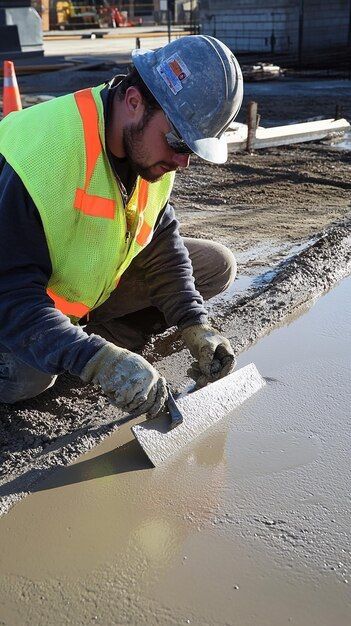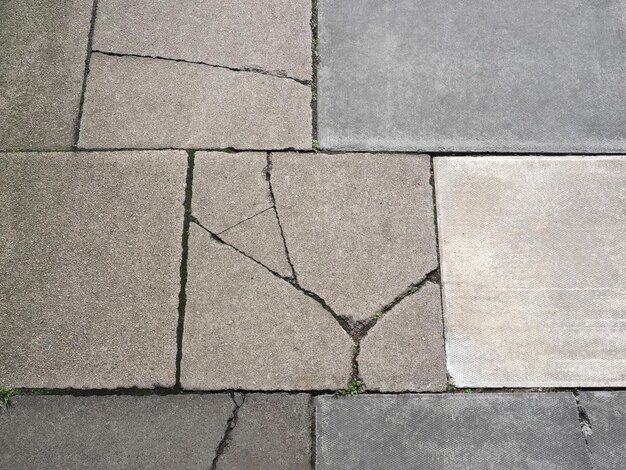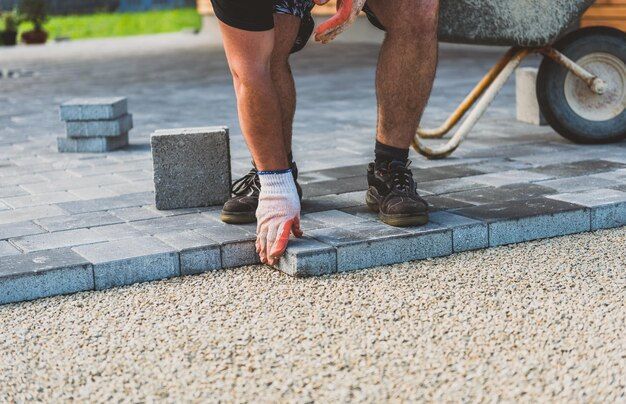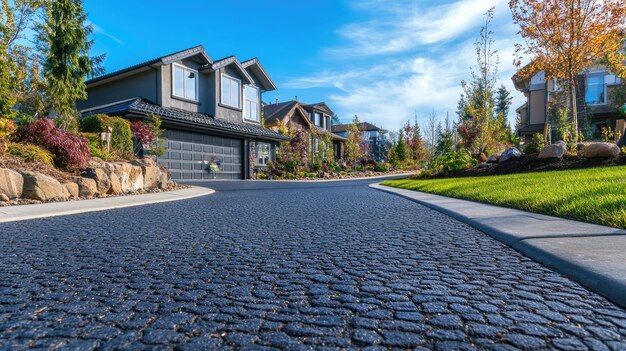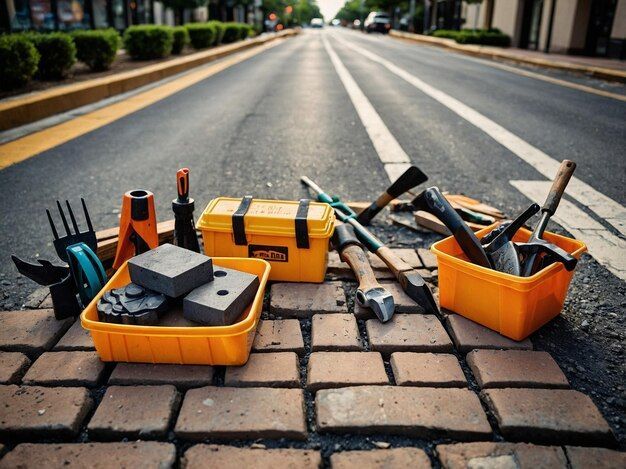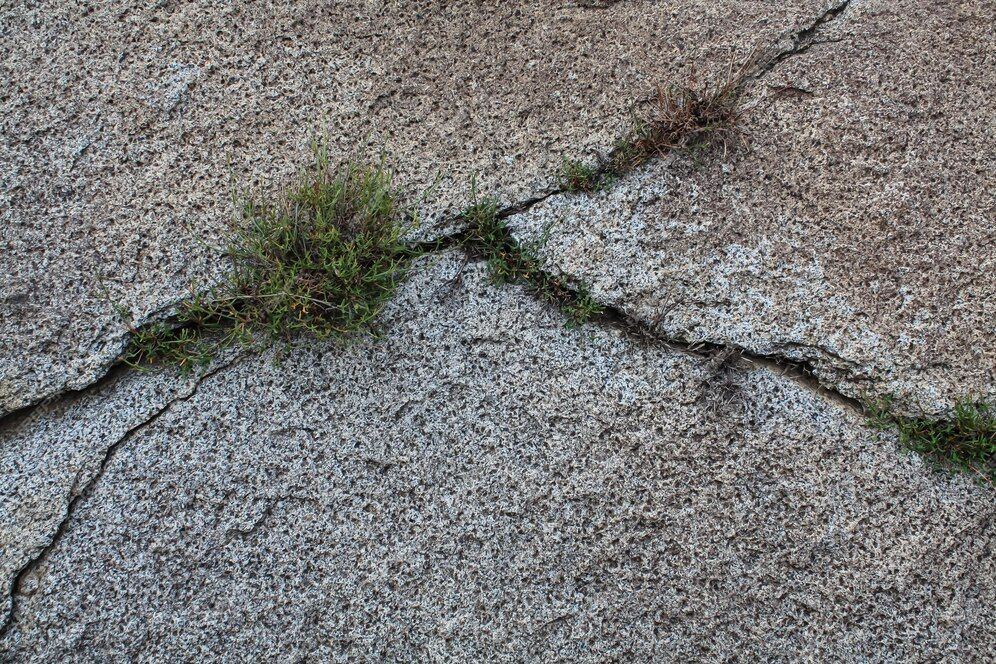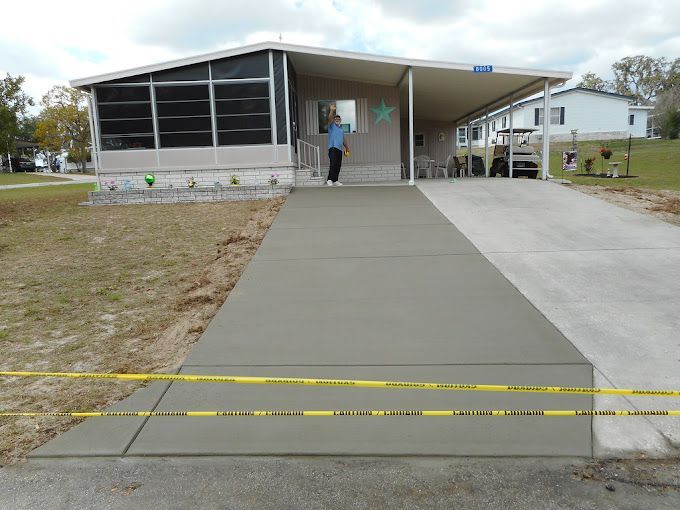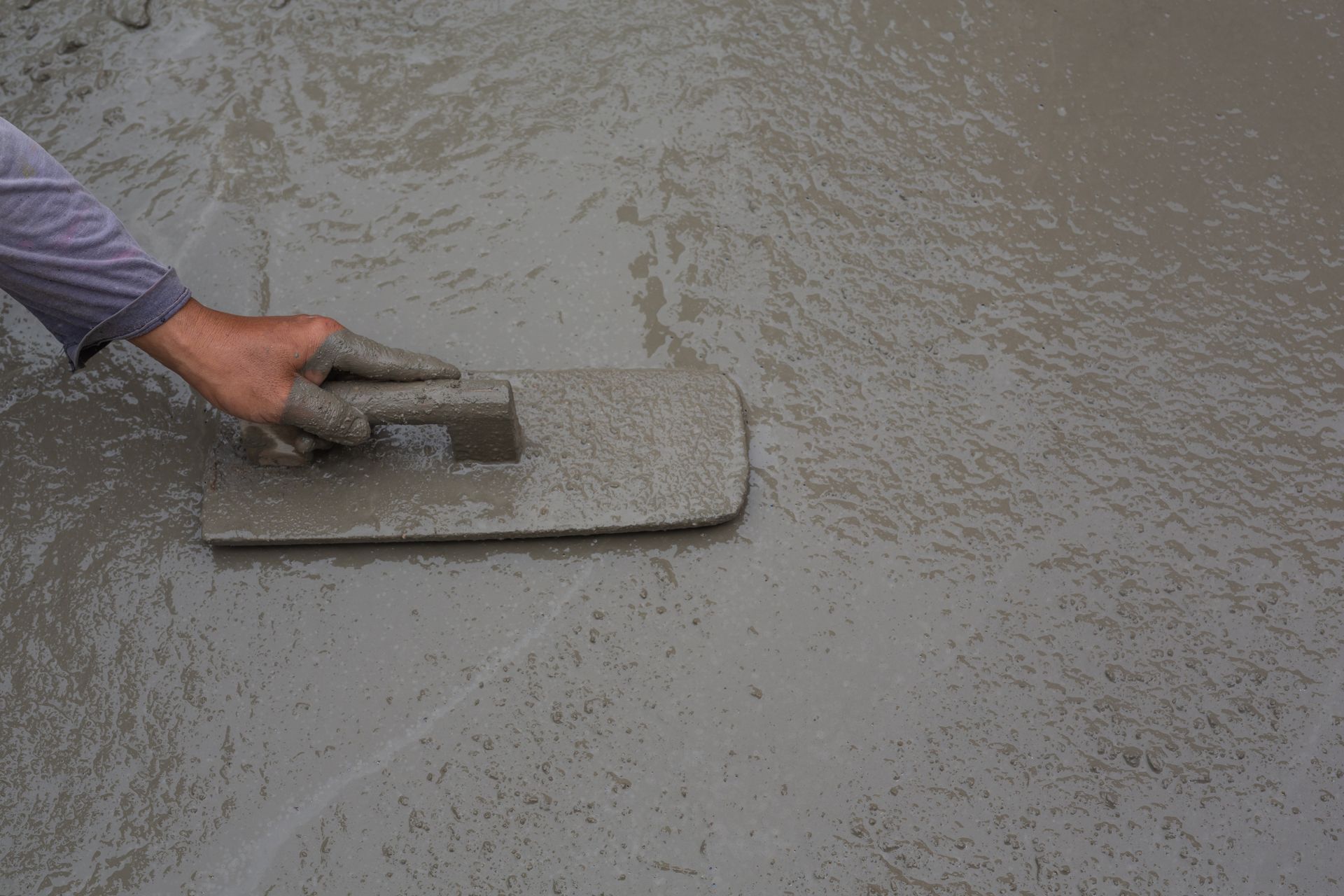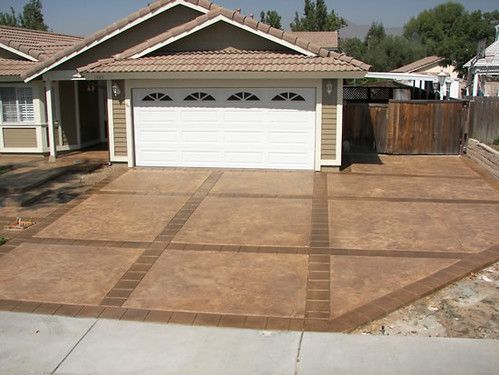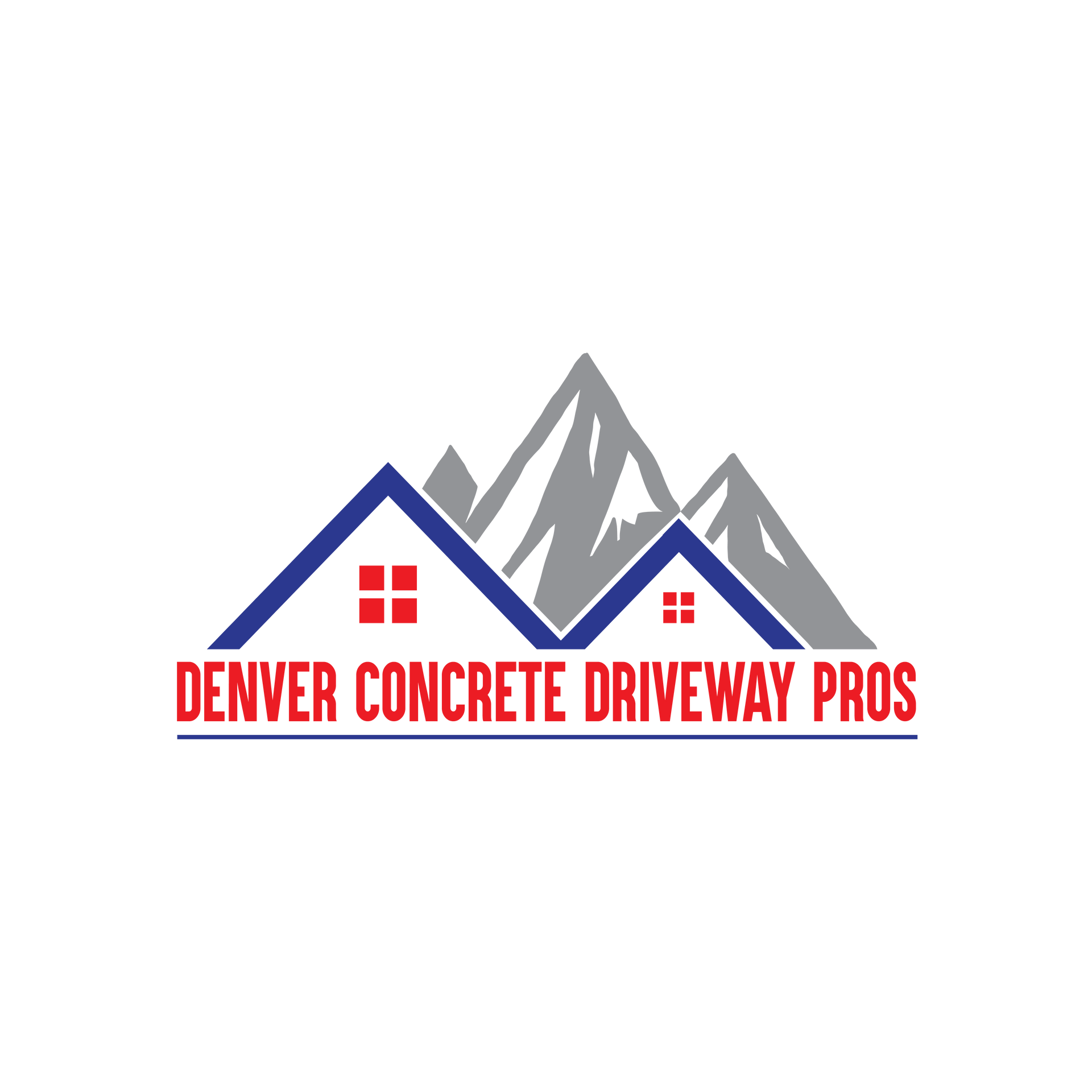Denver Concrete Driveway Pros
CALL US NOW 720-650-8355
Concrete vs. Asphalt Driveways: Why Concrete Might Be the Superior Choice
When it comes to building your driveway, you might have heard of differing opinions on what the main material for construction should be, the top 2 being either Asphalt or Concrete.
Concrete has recently been the prime construction material for a variety of builds due to its reputation of being durable, low maintenance, and long-lasting. But is it the best choice to make when deciding on what is
best to work with on your Denver driveway?
Durability
When it comes to durability, concrete wins this round. With a life service that can last up to 30-40 years, this versatile material can withstand the test of time, especially with proper maintenance, and a longer lifespan than asphalt can cover which is 20-30 years.
- Strength - Concrete has a high load-bearing capacity, which means it is resistant to heavy loads and is less likely to deform from depressions. This makes concrete a suitable choice for driveways with multiple or larger vehicles.
Low-Maintenance
Unlike
asphalt, concrete does not require frequent maintenance. There are different ways to seal your concrete, an essential maintenance method that can significantly improve its durability and extend its life-long performance without extra added care over the years. This means the material does not need to be resealed every few years, saving the homeowner time and money.
- Less Repair - Although concrete can crack, there is less need for constant repairs over its lifespan compared to asphalt. When repairs are deemed necessary, they are usually minor and rare.
Aesthetic Appeal
Concrete is considered one of the most versatile materials for design due to its wide variety of options such as stamped, stenciled, stained, and more. This offers more room for customization and aligning preferences to fit within the requirements and budget of your Denver driveway.
- Appearance - besides concrete’s wide selection of design options, the material itself offers a cleaner and more polished look without added constraints to the budget.
Environmental Impact
Factories of these materials create a negative environmental effect due to the carbon emissions from their production. But although both have a stirring contribution to greenhouse gasses, concrete was found to have significantly less emissions compared to asphalt.
- Cooler surfaces - Because concrete is lighter in color compared to asphalt, this material reflects more light on its surface and also absorbs less heat, this allows the top layer to be cooler and endure higher heatwaves without extensive damage.
Heat Resistant
When asphalt becomes exposed to high temperatures, it tends to soften, become sticky, and even deform under intense heat. This makes concrete more heat resistant as the material stays strong and unchanged despite changes in extremely hotter weather conditions.
Costs over Time
Concrete has a higher initial cost due to the price of the star material coupled with professional installation. But despite having to spend a little more at the beginning, using concrete can save you maintenance and repair costs throughout its lifespan. As budget-friendly and flexible asphalt can be a material for your driveway, they are prone to more maintenance and constant repairs in their shorter lifespan.
Winter Performance
The winter-thaw cycles can be challenging for concrete as it is during this phase that the probability of damage can be quite high especially if the material is not properly sealed or maintained. If there are tiny cracks or openings in your concrete, water can seep inside and freeze from the change of weather or seasons, causing the inside of your concrete to erode and cause further damage.
- Easier to Clear - When properly sealed and carefully maintained before the change of weather, concrete still upholds its values as being durable, low maintenance, and aesthetically pleasing. And because concrete is naturally light in color compared to asphalt, this makes ice and snow removal easier because of its visibility.
Safety
Even if areas with extreme winters consider asphalt to be safer due to its more flexible performance during the freeze-thaw cycles and less slip when icy, when it comes to general safety and precaution, concrete, because of its wide selection of textured finishes, makes the material slightly safer due to its better traction which reduces the risks of slips and falls. Concrete has a cooler surface temperature during hotter days and is stronger with high durability, minimizing the risk of material deformation under heavy stress.
The choice between concrete and asphalt depends on your climate, usage, and budget. But here at
Denver Concrete Driveway Pros, our local professionals would recommend concrete as their star material due to how its overall performance aligns with all the factors that can create the best high-quality, durable, and long-lasting driveway for your Denver home. It is always good to invest in the best when it comes to raising your property value or just simply creating an aesthetically pleasing addition to your home.
